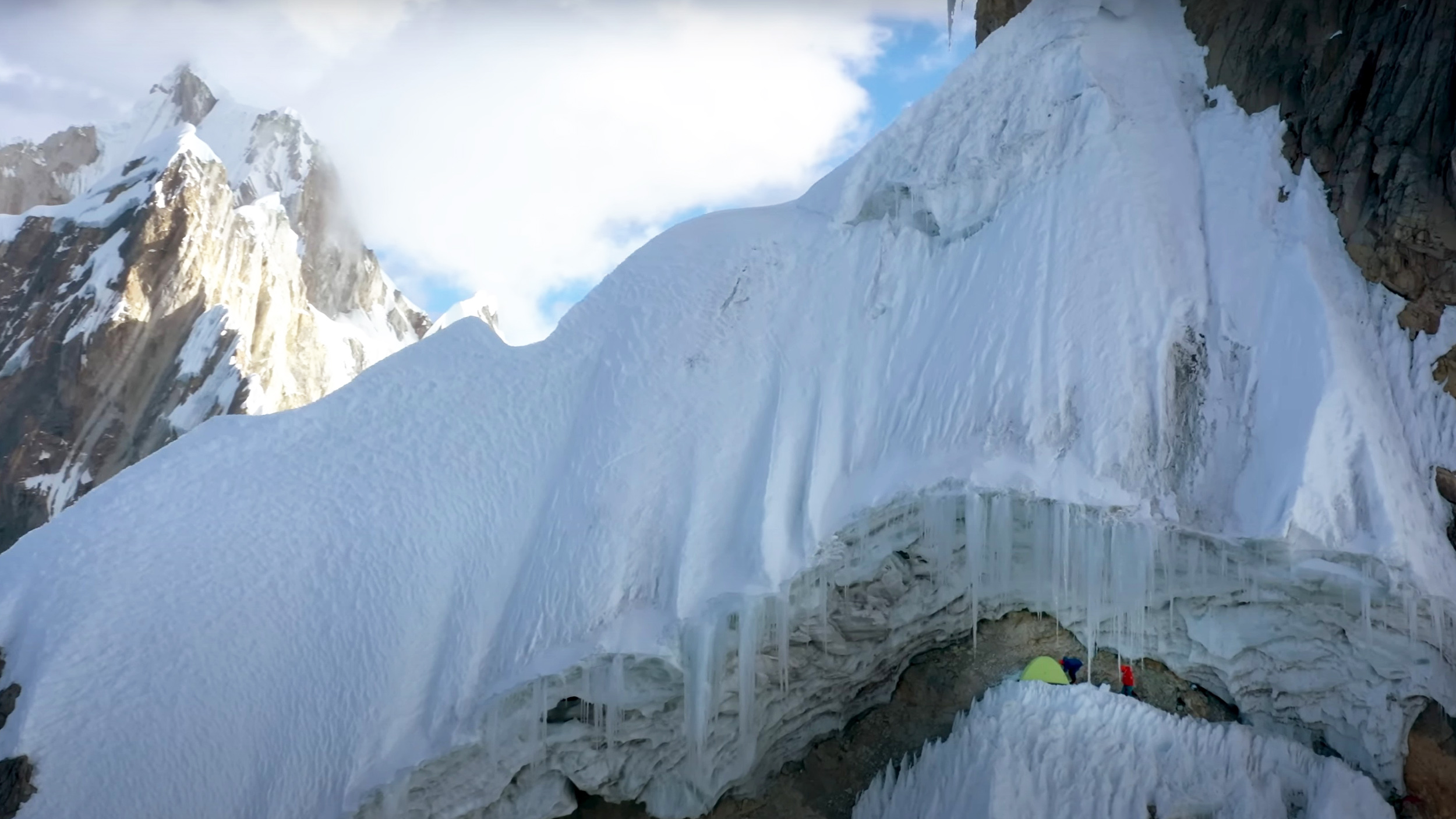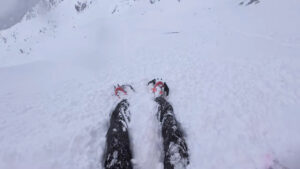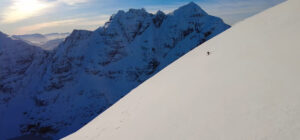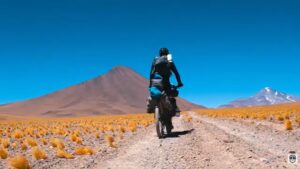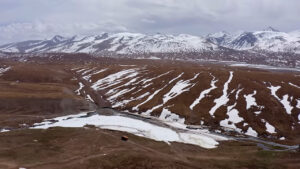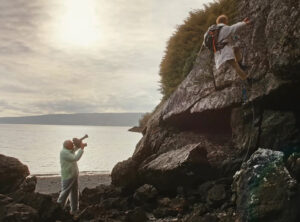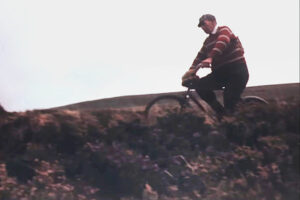Some mountains are aesthetically pleasing. Some mountains are fiendishly difficult to climb. Some mountains are both. Jirishanca, a 6,000m peak in the Peruvian Andes, falls into this third category. That’s why climbers like Josh Wharton and Vince Anderson keep trying to climb it. And that’s why, until the pair’s latest attempt, no one had been to the top in 20 years.
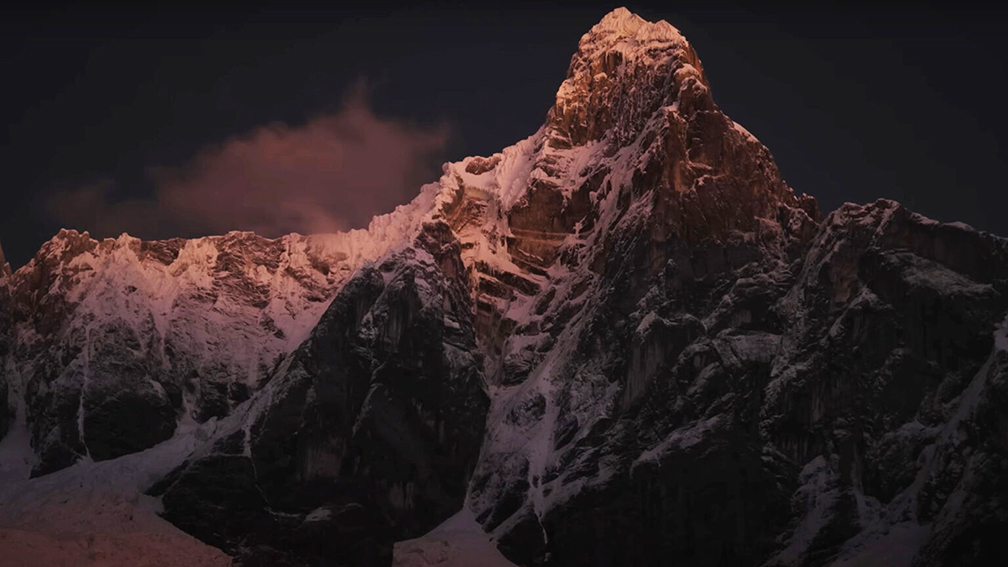
Photo: Screenshot
“Steep and intimidating. It’s the epitome of a climber’s mountain,” Wharton says in the opening minutes of Jirishanca, Patagonia’s new film about the duo’s 2023 alpine-style attack on the mountain.
In Wharton’s words, Jirishanca is a “legendary” objective that wasn’t summited until the late 1950s and not all that often since. In 2019, Wharton and Anderson themselves turned back four pitches from the top.
The total package
Jirishanca is the total package, featuring 5.13 face climbing, chossy mixed climbing, ice roofs, a big limestone wall, and, as Anderson puts it, “funky snow-wallowing toward the summit.”
The Peruvian peak has been a long-time goal of Wharton’s, in particular. It’s a rare case of man matching mountain. In one of the film’s interviews, climber Tommy Caldwell describes Wharton as “one of the best all-around climbers in the world.”
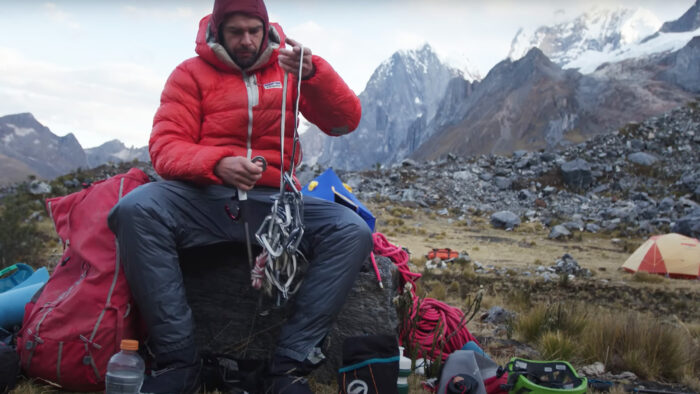
Photo: Screenshot
Other climbers call Wharton “the best climber you’ve never heard of.” He’s a unique personality in the modern climbing world. Quiet, stoic, a Luddite with a flip phone, social-media averse, avoidant of media, and chronically allergic to what he calls the “hyperbole in climbing and climbing films and climbing media.”
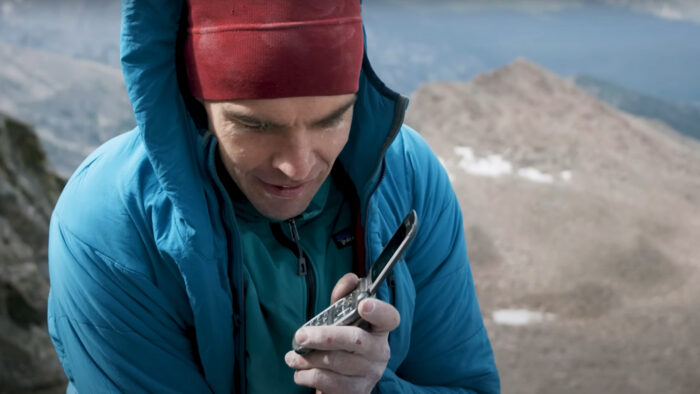
Photo: Screenshot
Perhaps in deference to Wharton, the filmmakers behind Jirishanca keep the tone reserved, choosing long, dramatic drone shots over quick cuts and dramatic edits. They never sensationalize. The reality of climbing Jirishanca is sensational enough. The mountain’s soaring limestone walls, overhanging ice roofs, and crumbling faces provide all the drama. No cinematic tricks necessary.
Risks and rewards
Between the climbing scenes, the filmmakers take the time to delve into Wharton and Anderson’s personal lives. Both are family men, both had their share of close calls in their early climbing days, and both have backed off a bit from the precipice of disaster. This shared caution, combined with well-honed skills, makes them ideal climbing partners. It shines through in all their scenes together.
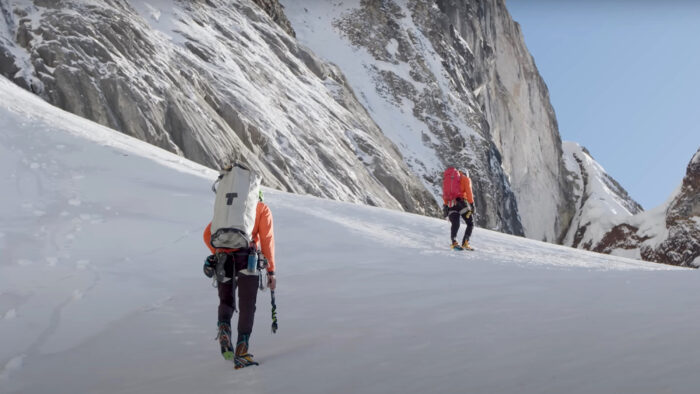
Photo: Screenshot
Not that Wharton is risk-averse. He just has a more nuanced take on the subject since becoming a father.
“Risk is a valuable thing in life because it leads us to growing as a person, and having all sorts of adventures and cool and interesting experiences. So I wouldn’t want my daughter to live in a bubble. I wouldn’t want her to try and avoid risk in her life. And so it’s not something I want to totally let go of either,” he says.
To the top
The climbing segments unfold over three days. A huge limestone face provides the first challenge, followed by ice climbing and a hair-raising choss. Jirishanca has always been a tough climb, but it’s gotten harder in the last 20 years as climate change melts off the snow and ice. Wharton has noticed a change just in the few years since he’s been tackling the mountain. Now, on pitches that used to be cemented together with frozen water, cow-sized chunks of rock peel off and go tumbling into the valley below.
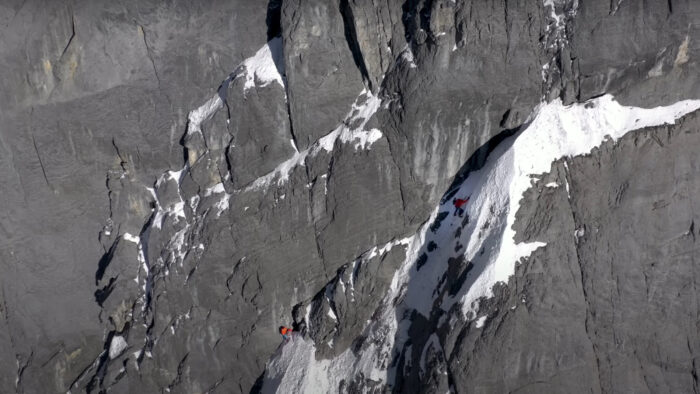
Photo: Screenshot
In one particularly memorable scene, the two climbers bivouac under an ice roof, witness a gorgeous sunrise refracted by the frozen water, then begin their morning by ice-axing out from under the overhang and working their way upward. The camera slowly pulls back and back and back, until you can see they are only a few dozen meters from the top.
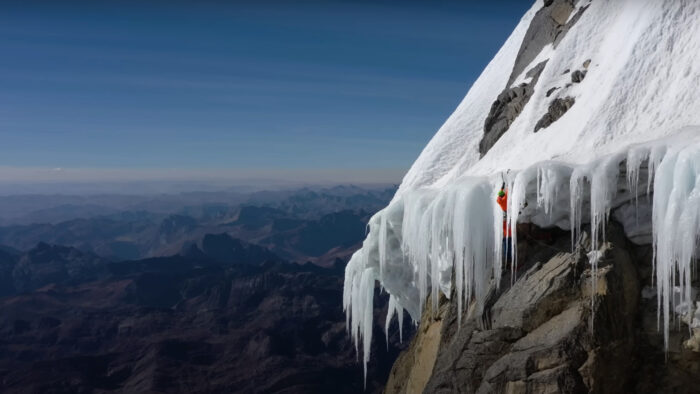
Photo: Screenshot
In true stoic fashion, Wharton’s reaction upon reaching the summit is a relatively subdued “woo-hoo.”
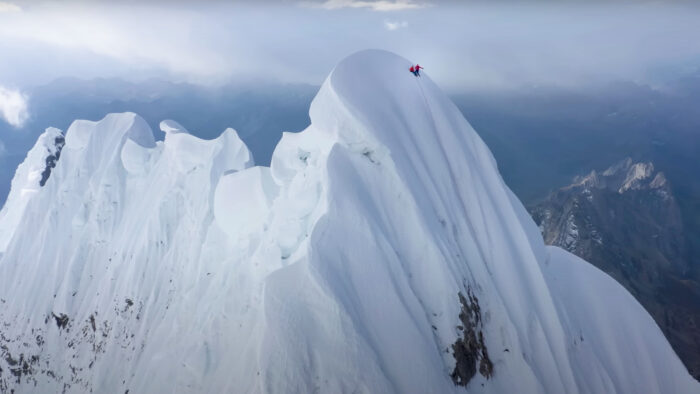
Photo: Screenshot
Gorgeously shot and edited with restraint, Jirishanca delivers a great ride without succumbing to the hyperbole that Wharton finds so distasteful.
